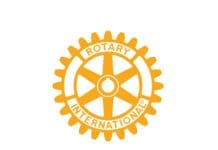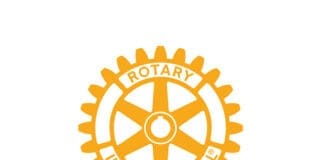By Kirk McCarley

In government service, position classification is an important and sensitive endeavor for not just human resources staff, but the employees who are impacted by it. For the uninitiated, the premise is that each job has a certain monetary value based on either or both the mental and physical difficulty of the assignment, the degree of independent decision making involved, and a variety of other considerations. Further, and paramount, a determination must be made as to the market value of the job. In other words, will the way this position is classified and rated allow the organization to effectively compete for talent and hopefully “good” talent at that.
In the public sector, the classification of jobs is usually well known by all. It is public information. Given that financial remuneration is often the most sensitive component of the employment relationship, classification is commonly a volatile matter. Incumbents in a job can feel they deserve a higher classification, translating to a pay scale that promises greater present and future reward. Just as typical is the plight of another employee who benefits from their reclassification, drawing the displeasure of those not as fortunate. The refrain: “it’s not fair, just, or right,” echoes from those feeling “disrespect.”
The creative lengths that some go to “gussy up” their job titles are fascinating. For example, an “Office Services Representative,” whose primary function might include any or all of the responsibilities of data entry, customer service, or file management might argue that the “degree of difficulty” for their position is greater than someone with the same title in another area, because their customers tend to be more “demanding.”
As for me, I would chortle that I could be called “Head Bottle Washer,” so long as the remuneration was all the same. Many did not share my sense of humor.
To each of us is ascribed a label or a title. We give them to ourselves; others give them to us: doctor, lawyer, engineer, accountant, mason, carpenter, husband, wife, father, mother, son, daughter. They describe WHAT we are, a designation.
A common exercise I challenge not only career, but life coaching clients with is their “elevator pitch.” The elevator pitch is based on the premise that if you had 30-45 seconds to ride up or down an elevator with a total stranger, WHO would you say you are. Notice WHO, not WHAT.
Our natural response is to take the label route of “I am this or that” and then reference a title. What if instead of the usual generic response, you were to share a remarkably memorable “title less” response?
Such as in a sales business setting:
“It’s so great to finally meet you. How is business going? I heard you’ve been struggling with communication issues. My team and I struggled with that too. It wasn’t until we added project management software into our routine that we really saw an improvement in teamwork and overall communication. I hope you find a solution that works for your team.”
See in this instance how the individual turned the introduction around to be not so much about “them,” but rather the other person. They skirted around the temptation to “label.”
How about in more of a social environment:
“I find the outdoors to be invigorating. How about you, (asking the other person) what do you enjoy?” If that makes a “connection” then the outdoorsman may go on to ask about where the other person may have been: “have you had a chance to hike the Appalachian Trail, fly fish in Colorado, or snorkel or dive in the Caribbean?” See the beauty of a relationship being built with a minimal focus on status or title.
Next time someone asks, what will be your pitch? Who will you say you are?
























































